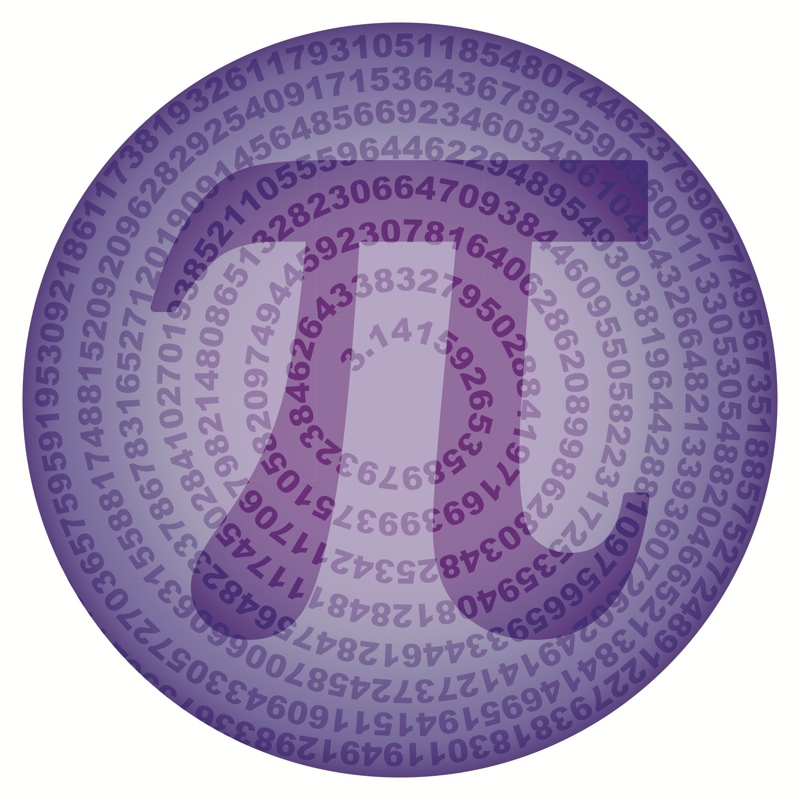13 Numbers That Rival the Number 13
Twenty-six

In India, 26 is starting to get a bad reputation, mostly based on some calendrical coincidences. The massive tsunami of 2004 struck on Dec. 26, killing more than 10,000 people in India. In 2001, Gujarat province was hit by a 7.7-magnitude earthquake on Jan. 26, killing more than 13,000 people. And the 2008 terror attacks on Mumbai, a four-day ordeal, started Nov. 26, killing 164 people. According to a 2008 article in The Times of India, both numerologists fear the number as well. Its digits add up to eight, an unlucky number in India.
Pi

3.14159265359…. Pi is an important number, mathematically, as it's the ratio of a circle's circumference to its diameter. That makes it a very handy little irrational number for a variety of equations. But pi has recently had a heyday in popular culture. It's the subject of a holiday, Pi Day, set on March 14 (3/14 — get it?). The holiday started at the San Francisco Exploratorium, a science museum, 28 years ago, but has since become a mainstream phenomenon. In 2009, the U.S. House of Representatives passed a resolution supporting this day. Maybe they just wanted to partake in the traditional celebration, eating pie.
Forty-two

It's the "Answer to the Ultimate Question of Life, The Universe and Everything," according to the comedy sci-fi classic "The Hitchhiker's Guide to the Galaxy." The only problem is … what's the question, again?
Figuring out 42 drives much of the plot of Douglas Adams' radio play and adapted novel, an effort that tends to be stymied at the last minute by the complete destruction of Earth or other roadblocks. Part of the problem, the characters in the novel theorize, is that if the meaning of the universe is ever figured out, the whole thing will vanish and be replaced by something even less explicable. (Or maybe that already happened.)
In an illustration of how much meaning people put in math, fans have tried to explain author Adams' choice of the number 42 for the ultimate answer to everything using base 13 and binary, among other theories. But Adams says the reason is much more simple: Forty-two was a smallish, ordinary number.
"I sat at my desk, stared into the garden and thought '42 will do' I typed it out," he wrote to a fan forum in 1993. "End of story."
Get the world’s most fascinating discoveries delivered straight to your inbox.

Stephanie Pappas is a contributing writer for Live Science, covering topics ranging from geoscience to archaeology to the human brain and behavior. She was previously a senior writer for Live Science but is now a freelancer based in Denver, Colorado, and regularly contributes to Scientific American and The Monitor, the monthly magazine of the American Psychological Association. Stephanie received a bachelor's degree in psychology from the University of South Carolina and a graduate certificate in science communication from the University of California, Santa Cruz.
 Live Science Plus
Live Science Plus





